The blanket principle
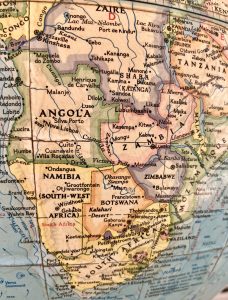 “I would rather be cold under one blanket than warm under 10 blankets owned by the Anglo American Corporation.”
“I would rather be cold under one blanket than warm under 10 blankets owned by the Anglo American Corporation.”
Words drawn from the fight against colonialism in southern Africa. Fifty years later it is still damned cold around here for all but a few.
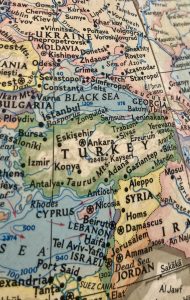 Emancipation from foreign domination is a noble cause but one spin of the globe shows it has seen better days everywhere. Wars for it rage on all over, causing destruction akin to Hiroshima and Nagasaki 80 years ago.
Emancipation from foreign domination is a noble cause but one spin of the globe shows it has seen better days everywhere. Wars for it rage on all over, causing destruction akin to Hiroshima and Nagasaki 80 years ago.
With the usual expensive pomp and ceremony, Zimbabwe this week celebrated Heroes Day, an annual holiday commemorating fighters who died in the bush war for ‘self-determination’ that led to independence in 1980.
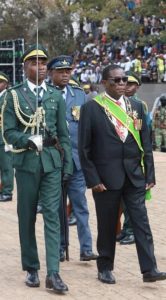 “Tens of thousands made the supreme sacrifice for freedom and many still lie in unknown graves, in valleys, caves and disused mines” across the land, the state media told us, and went on:
“Tens of thousands made the supreme sacrifice for freedom and many still lie in unknown graves, in valleys, caves and disused mines” across the land, the state media told us, and went on:
Peace was won on the battlefield and not, as is the conventional view, at talks between the warring sides arranged by Margaret Thatcher in London that brought the first one-man-one-vote elections.
Meanwhile in all the propaganda fog, liberation movements of Angola, Mozambique, Namibia, Tanzania, South Africa and Zimbabwe have just met for a summit on the theme “Defending Liberation Gains, Advancing Integrated Socio-Economic Development and Strengthening Solidarity for a Better Africa.”
Counter-revolutionary forces have doubled up plans to divide us, the elderly delegates heard.
There is a nefarious quest to obliterate liberation movements from the political radar of our region and sabotage our economies.
On the face of it, everything seems fine in Zimbabwe today. New buildings, petrol stations and malls are popping up everywhere, giving an aura of prosperity, but “Born Free” post-colonial generations still survive under that single blanket while surviving liberators have heaps of blankets, metaphorically speaking.
Electricity and water shortages are chronic countrywide, inflation and unemployment have reached record levels and long established businesses are closing at a rapid rate. Crime is on the rise, law enforcement is poorly paid and ill-equipped to cope and cops often demand bribes.
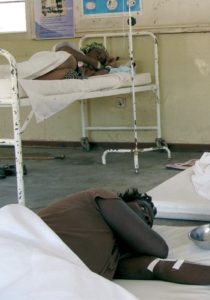 But our very heart of darkness is to be found in the public health sector. X, a struggling Born Free artist and sculptor, got hit by a runaway minibus taxi. In the hospital he couldn’t raise US$120 per unit of blood for a transfusion and bled out. Y was found decomposed after five weeks on the floor in a government mortuary. Pensioner Z waited in a long queue at a casualty department, staff thought he had fallen asleep but when his turn finally came and they went to wake him he was dead.
But our very heart of darkness is to be found in the public health sector. X, a struggling Born Free artist and sculptor, got hit by a runaway minibus taxi. In the hospital he couldn’t raise US$120 per unit of blood for a transfusion and bled out. Y was found decomposed after five weeks on the floor in a government mortuary. Pensioner Z waited in a long queue at a casualty department, staff thought he had fallen asleep but when his turn finally came and they went to wake him he was dead.
In another facility meant for 80 patients more than 200 are crammed in, lining the floors. Lice infest tattered bedding and blocked toilets overflow.
The amply blanketed self-determined liberators usually go abroad for medical treatment of any seriousness. Born Frees are left to die.


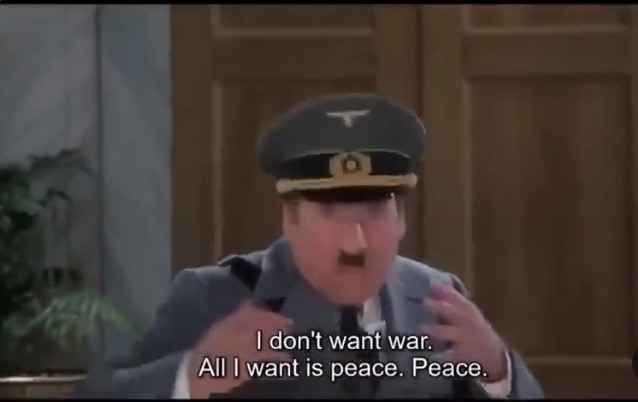
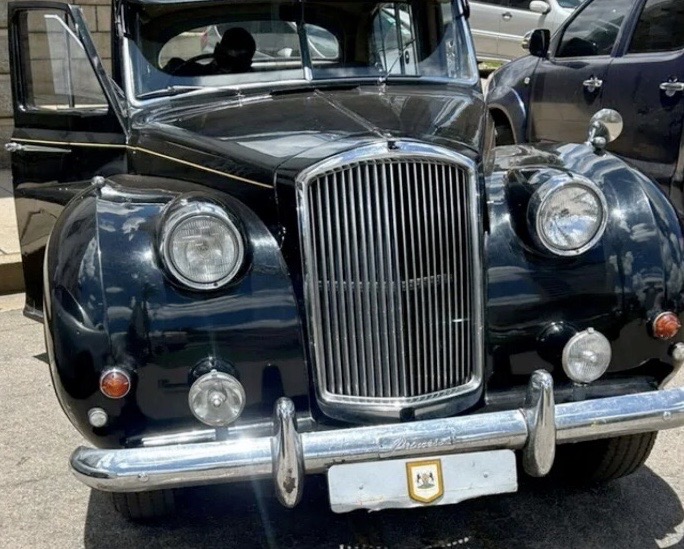
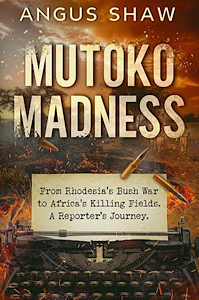


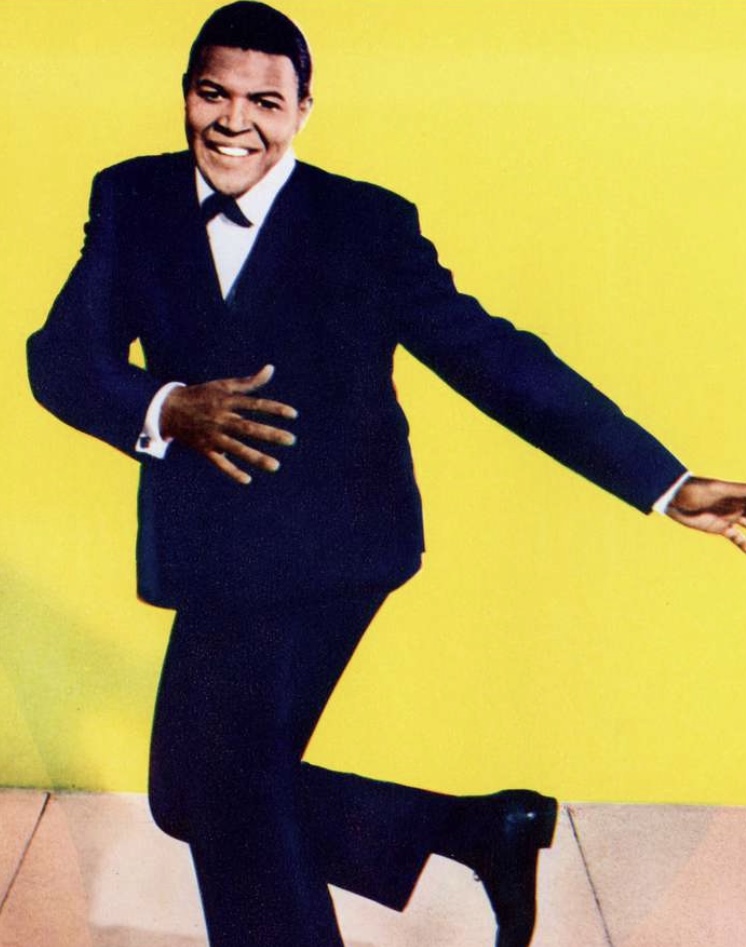


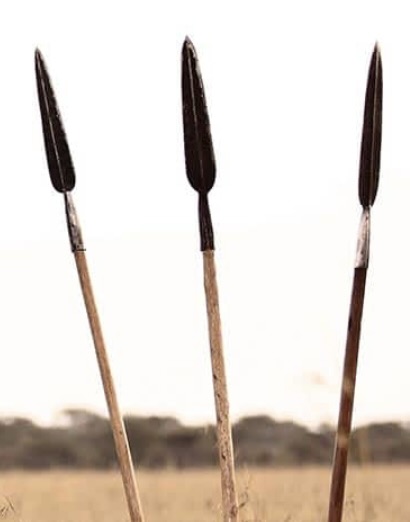
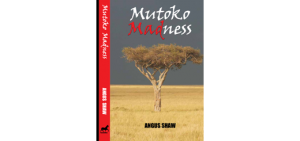
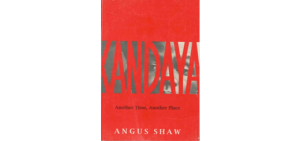
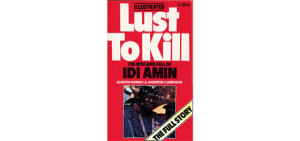
Really nice story, Angus. Writing, perspective, analysis — all hit home.
Great analogy Goose…and a sad statement on how what could have been has instead been wrecked by greed and corruption.
I remember when ZANU-PF had a poster with it’s “mission statement”. One line was “From the masses to the masses”.
Didn’t take the framers long to turn that into “from the masses to us”, did it..